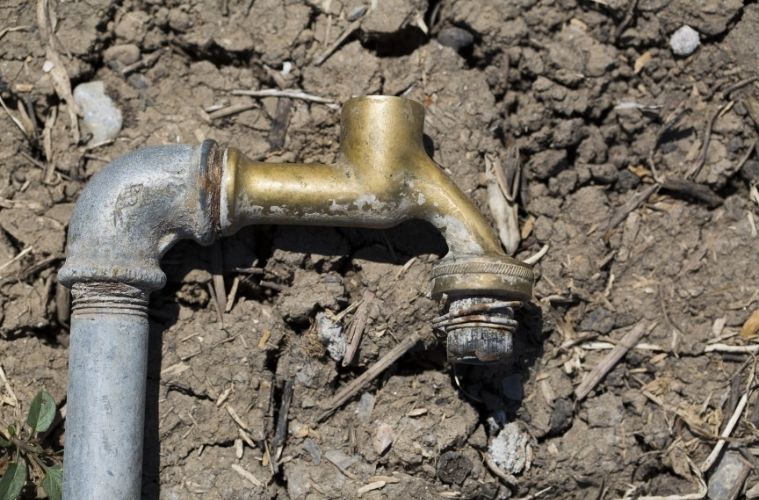Next to the winter months, summer brings about some of the most extreme weather conditions of the year, from the excessive heat and humidity to the harsh sunlight beating down on us. Even our homes experience the summer in unexpected ways. Ensure you prevent severe property damage in the following weeks. Read on to learn how the summer climate can damage your home.
Hardwood Floors
A home’s hardwood flooring is among the areas most sensitive to humidity fluctuations. As such, these surfaces tend to develop the most problems in the middle of summer. When exposed to excessive amounts of moisture, wooden floorboards can warp out of shape. This makes them more difficult to walk on and less structurally sound as a whole. They’re also harder to keep in good condition. For this, consider using dehumidifiers in your home.
Windows
Your windows also face risks. With increased heat and moisture, windowsills can expand and lose their air-tight sealing against the elements. This raises your chances of developing drafts—which allows your treated air from indoors to escape. Consider resealing your windows during the summer if you want to conserve energy and save some money.
Plumbing
Your plumbing is susceptible to warmer weather as well. In fact, several common pipe issues can develop during this time of year. This is due to the changes in your lifestyle as well as how quickly nearby plants and trees grow. Remain vigilant and immediately fix any problems as they pop up. This way, you can maintain the overall functionality of your home.
Roofing
Another way that the summer climate can damage your home is through your roofing materials. The heat and intensity of the summer sun can crack your roof’s shingles and cause them to fade. These occurrences diminish your property’s appearance and make your roof less protective against the elements. If a storm hits, you’re at an increased risk of suffering a leak in your attic space. Make sure you keep up with standard maintenance during this time.
Foundation
Even your home’s foundation can deteriorate in severe conditions. Long dry spells dehydrate the soil in your yard—making your home more likely to flood if a storm passes through. When this happens, any small cracks in the concrete could mean disaster for your possessions. Fortunately, keeping your yard watered during this time helps prevent this and decreases the impact of sudden rainfall.

